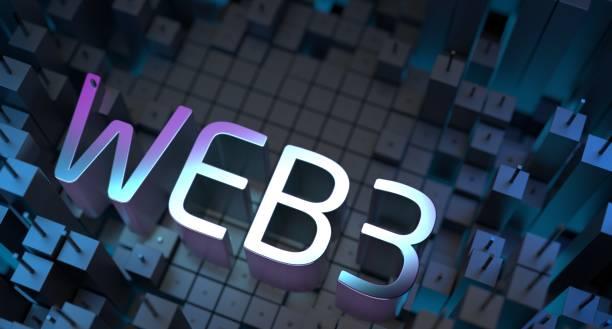We will explore how Web3 projects in decentralized finance, non-fungible tokens, decentralized autonomous organizations, and decentralized social networks are transforming their respective industries.
The evolution of the internet has brought about many changes to society, but the emergence of Web3 is set to be a game-changer. Web3, also known as the decentralized web, is the next generation of the internet where data and information are not controlled by centralized entities.
Instead, it is controlled by the users themselves, creating a more democratic and transparent online ecosystem. With Web3, individuals have the power to control their own data, interact directly with each other, and create new systems of value exchange.
The potential of Web3 is immense, and in this paper, we will spotlight some of the most exciting projects in the space.
These projects represent a small sample of the power of Web3, and they demonstrate the potential of the decentralized web to change the way we live, work, and interact with each other.
Significance of Web3 in Technology Industry
Web3, also known as the decentralized web, is the next generation of the internet that is built on blockchain technology. It offers a new way of interacting with the internet, where data and information are not controlled by centralized entities but by the users themselves.
This new architecture offers several significant benefits, including:
- Decentralization
- Privacy
- Immunity to censorship
- Lower transaction costs
- New economic models
Decentralization
Web3 offers a decentralized infrastructure that removes the need for intermediaries, providing more security, transparency, and control over data.
Privacy
With Web3, users have greater control over their data, and they can choose to share it only with entities they trust, ensuring greater privacy and security.
Immunity to censorship
Web3 offers resistance to censorship since the infrastructure is distributed and not controlled by any central entity.
Lower transaction costs
Transactions on the Web3 network are typically cheaper since intermediaries are not needed, which can lead to more accessible financial services and greater financial inclusion.
New economic models
Web3 offers new economic models, including decentralized finance (DeFi), non-fungible tokens (NFTs), and decentralized autonomous organizations (DAOs), which provide new ways for people to earn, trade, and invest in digital assets.
Web3 is a significant development in the technology industry because it offers a more secure, transparent, and decentralized way of interacting with the internet. It also creates new economic opportunities and empowers individuals to take control of their data and digital assets.
Web3 projects in Decentralized Finance (DeFi)
Decentralized finance (DeFi) is one of the most exciting areas of Web3, offering new ways of accessing and interacting with financial services.
DeFi uses blockchain technology to create a decentralized infrastructure that allows for the creation and trade of digital assets, including cryptocurrencies, stablecoins, and other financial instruments. Here are some of the most exciting Web3 projects in DeFi:
- Uniswap
- Aave
- Compound
- MakerDAO
Uniswap
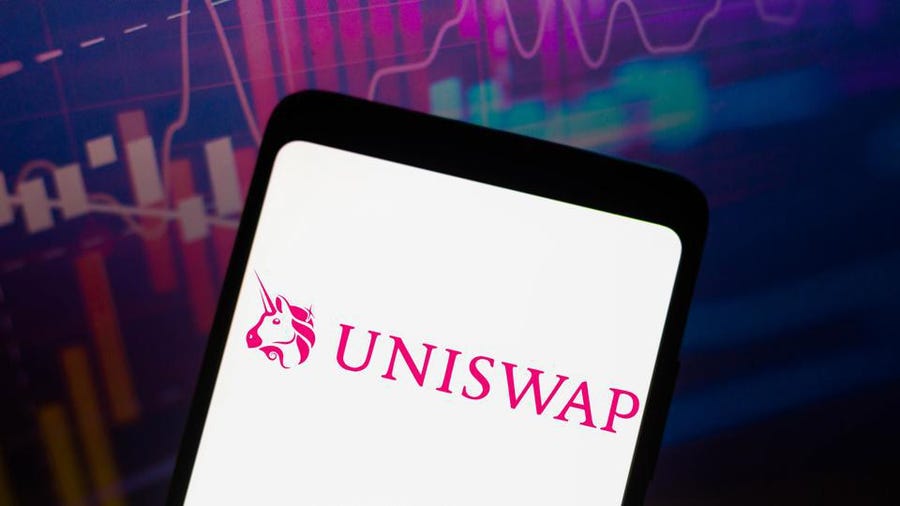
Uniswap is a decentralized exchange that uses an automated market maker (AMM) system to allow users to trade cryptocurrencies directly from their wallets. It uses a liquidity pool system that allows anyone to add liquidity to the exchange and earn trading fees.
Aave

Aave is a decentralized lending platform that allows users to lend and borrow cryptocurrencies without intermediaries. It uses a unique system of “flash loans,” which enables users to borrow large amounts of cryptocurrency without collateral as long as they repay it within the same transaction.
Compound
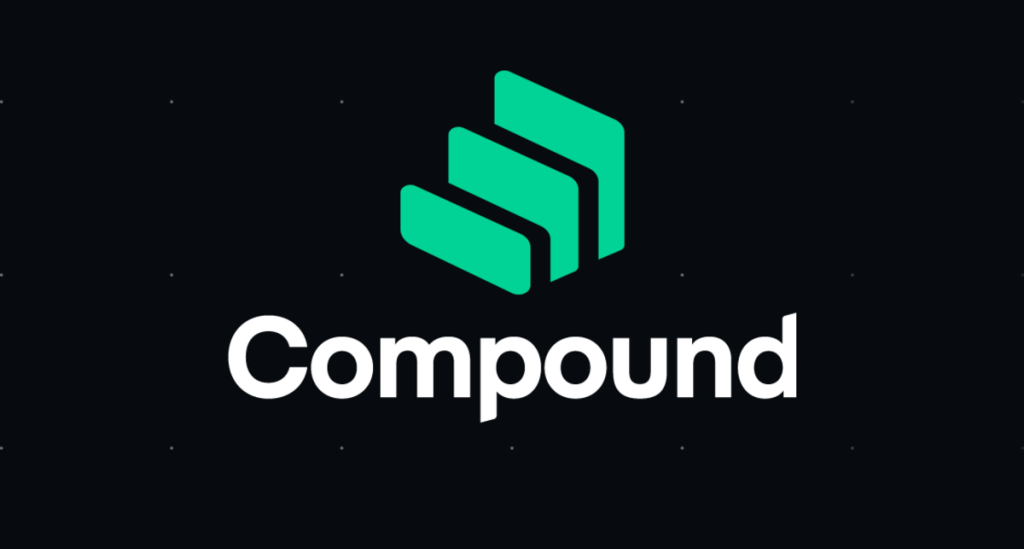
Compound is a decentralized lending and borrowing platform that uses a unique interest rate model to allow users to earn interest on their deposits and borrow cryptocurrencies. It allows anyone to lend and borrow without intermediaries and uses a governance token to enable users to vote on changes to the platform.
MakerDAO
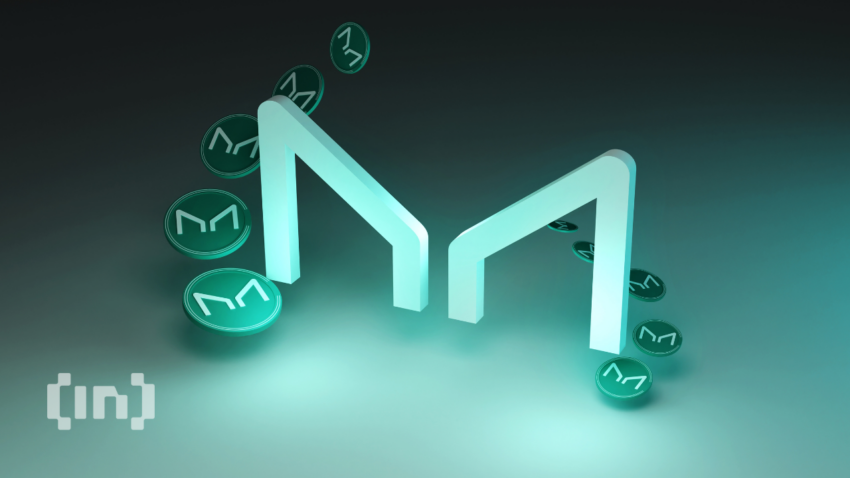
MakerDAO is a decentralized platform that allows users to create and trade stablecoins backed by cryptocurrency collateral. It uses a unique system of “collateralized debt positions” (CDPs) that allows users to create stablecoins by locking up their cryptocurrency as collateral.
These Web3 projects in DeFi represent a new way of interacting with financial services, creating more accessible and transparent systems that are not controlled by central entities.
They offer new opportunities for earning, lending, and trading digital assets and are transforming traditional finance as we know it.
Web3 projects in Non-Fungible Tokens (NFTs)
Non-Fungible Tokens (NFTs) are unique digital assets that are verified on a blockchain and offer new opportunities for ownership, verification, and provenance.
NFTs can represent anything from digital art and collectibles to virtual real estate and gaming assets. Here are some of the most exciting Web3 projects in NFTs:
- OpenSea
- SuperRare
- Rarible
- NBA Top Shot
OpenSea
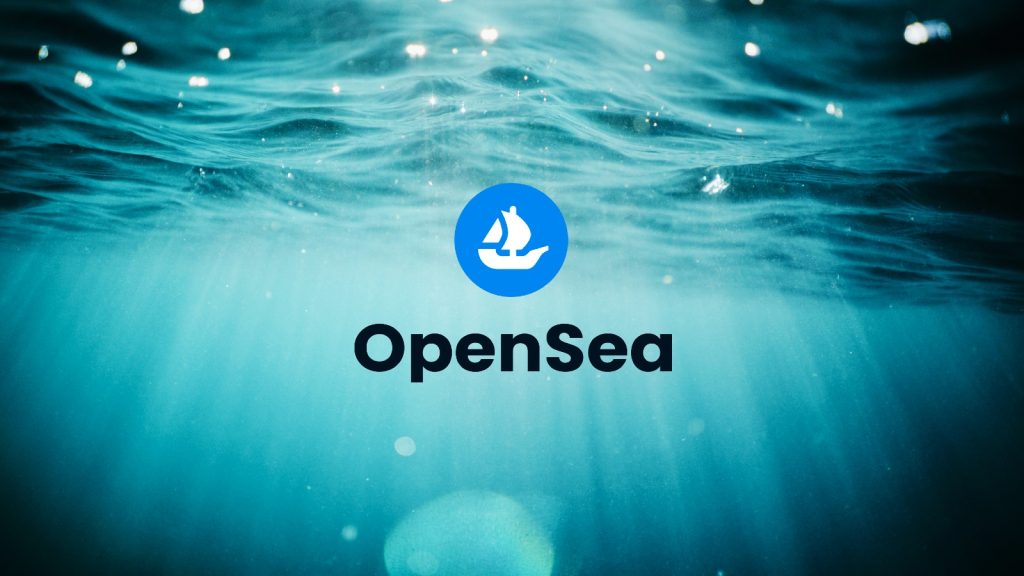
OpenSea is the largest NFT marketplace, allowing users to buy, sell, and discover NFTs across multiple blockchains. It offers a wide range of digital assets, including art, gaming assets, collectibles, and virtual real estate.
SuperRare
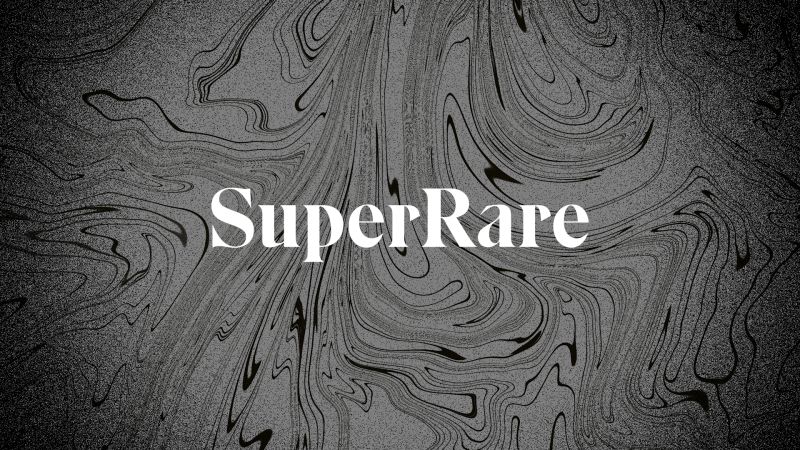
SuperRare is a curated NFT marketplace that specializes in digital art. It offers a unique auction system that allows users to bid on and own one-of-a-kind pieces of digital art.
Rarible
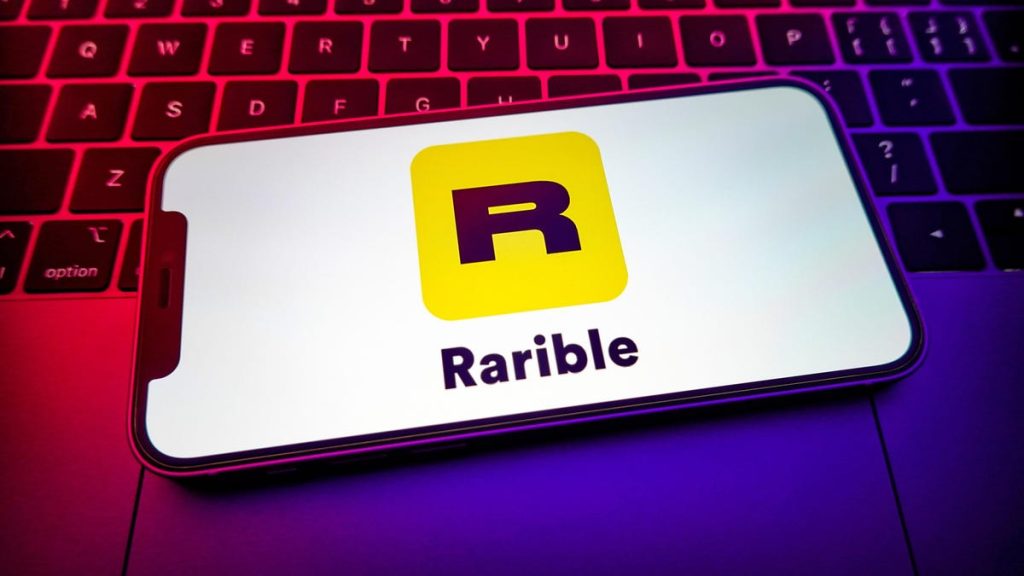
Rarible is an NFT marketplace that allows users to create, sell, and buy NFTs. It offers a unique minting system that allows anyone to create their own NFTs easily.
NBA Top Shot

NBA Top Shot is an NFT marketplace that offers officially licensed NBA digital collectibles. It allows users to collect and trade unique basketball moments, including highlights and special events.
These Web3 projects in NFTs demonstrate the power of blockchain technology to create unique and verifiable digital assets that offer new opportunities for ownership, verification, and provenance.
They are transforming the world of digital art, collectibles, gaming, and other industries, and creating new economic models for creators and collectors alike.
Web3 projects in Decentralized Autonomous Organizations (DAOs)
Decentralized Autonomous Organizations (DAOs) are a new type of organization that uses blockchain technology to create a decentralized infrastructure that allows for collective decision-making and ownership.
DAOs are run by smart contracts that enable members to vote on proposals and make decisions collectively, without the need for centralized authorities or intermediaries. Here are some of the most exciting Web3 projects in DAOs:
- MakerDAO
- MolochDAO
- Aragon
- DAOstack
MakerDAO
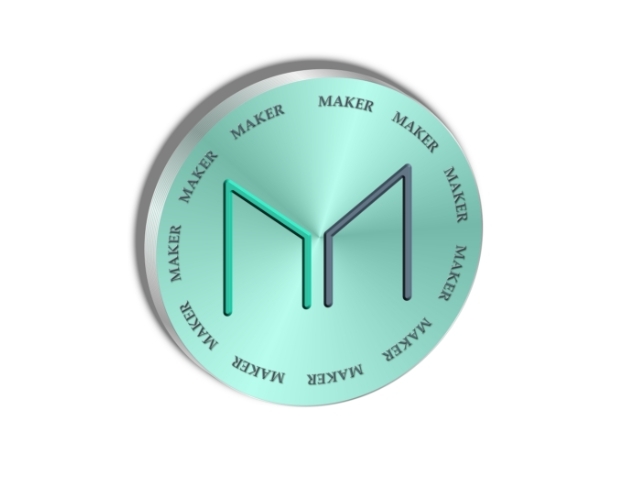
MakerDAO, which was mentioned earlier in the DeFi section, is also a DAO. It is a decentralized organization that governs the Maker Protocol, which allows users to create and trade stablecoins backed by cryptocurrency collateral.
MolochDAO
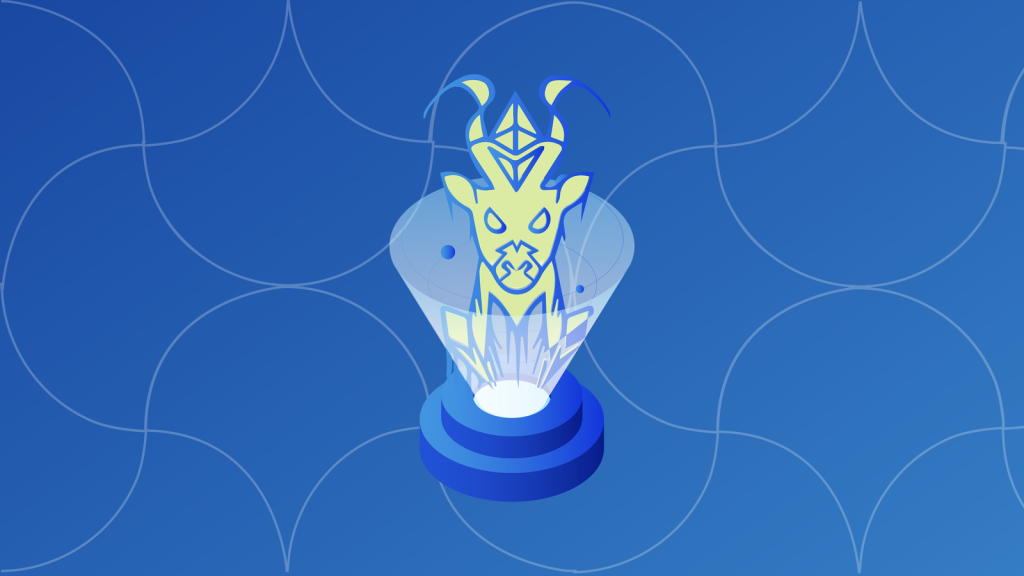
MolochDAO is an Ethereum-based DAO that funds Ethereum-based projects through collective decision-making. Members of MolochDAO pool their funds to support projects they believe in, and the funds are released to the projects only when they reach their goals.
Aragon
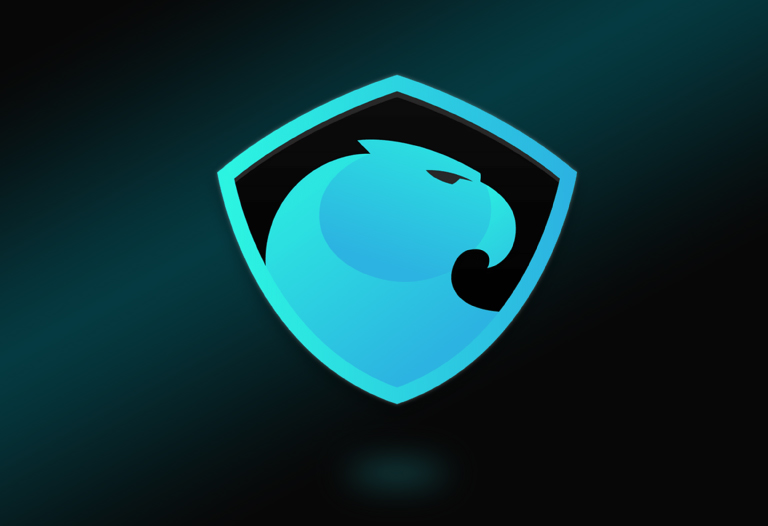
Aragon is a platform that allows anyone to create and manage DAOs easily. It offers a suite of tools for governance, fundraising, and management, making it easy for anyone to create a decentralized organization.
DAOstack

DAOstack is a platform that allows anyone to create and manage DAOs with a focus on collective decision-making. It offers a unique system of “holographic consensus” that enables large groups of people to make decisions together quickly and efficiently.
These Web3 projects in DAOs represent a new way of organizing and governing, creating more accessible and transparent systems that are not controlled by central entities.
They offer new opportunities for collective decision-making and ownership and are transforming traditional organizational structures as we know them.
Web3 projects in Decentralized Social Networks
Decentralized social networks are a new type of social network that uses blockchain technology to create a decentralized infrastructure that allows for more privacy, ownership, and control over personal data. Here are some of the most exciting Web3 projects in decentralized social networks:
- Mastodon
- Peepeth
- Minds
- ThreeFold
Mastodon
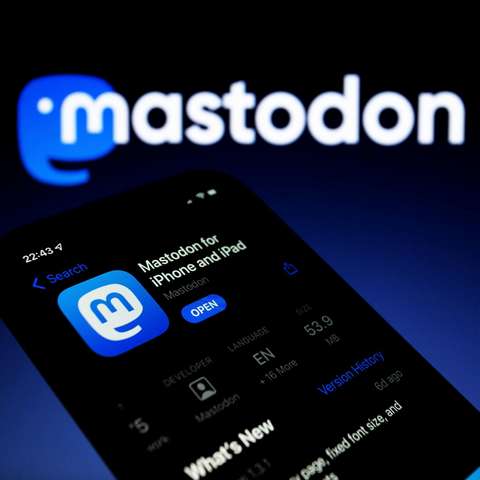
Mastodon is a decentralized microblogging platform that offers an alternative to centralized social media platforms like Twitter. It allows users to create their own instances and connect with other instances in a decentralized network.
Peepeth
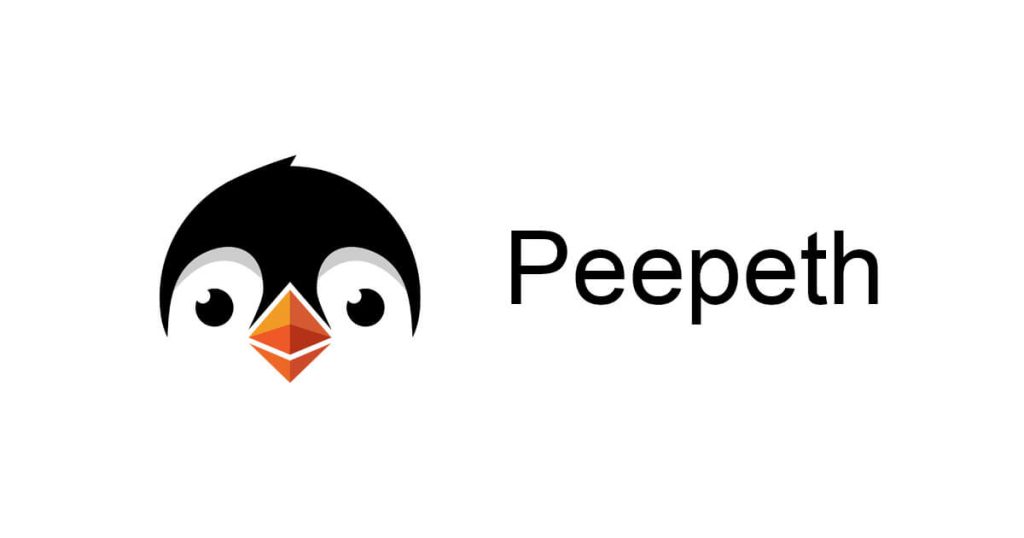
Peepeth is a decentralized social network that operates on the Ethereum blockchain. It allows users to post messages that are stored permanently on the blockchain, creating a more transparent and verifiable social network.
Minds
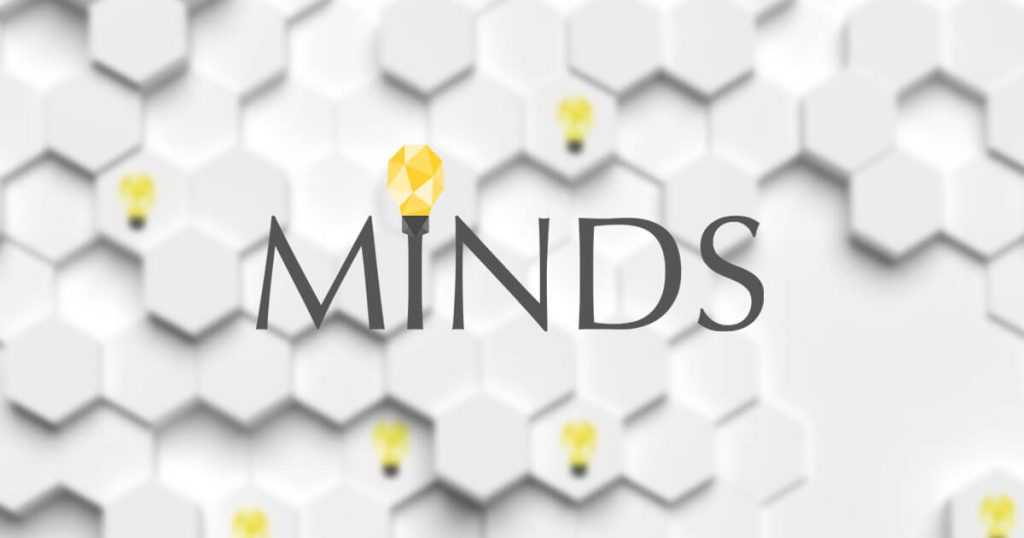
Minds is a decentralized social network that offers more control over personal data and content. It allows users to earn tokens for creating and sharing content and offers a suite of privacy tools for users.
ThreeFold

ThreeFold is a decentralized internet platform that aims to create a more open and sustainable internet. It offers a suite of tools for creating decentralized social networks, including a decentralized storage and computing platform.
These Web3 projects in decentralized social networks represent a new way of connecting and sharing information online, creating more accessible and transparent systems that are not controlled by centralized authorities.
They offer new opportunities for privacy, ownership, and control over personal data, and are transforming traditional social networks as we know them.
Conclusion
Web3 represents a new era of internet technology that is characterized by decentralization, transparency, and ownership.
Decentralized finance (DeFi), Non-Fungible Tokens (NFTs), Decentralized Autonomous Organizations (DAOs), and Decentralized Social Networks are some of the most exciting Web3 projects that are transforming traditional industries and creating new economic models for creators and users alike.
These projects offer new opportunities for privacy, ownership, and control over personal data, and have the potential to create a more accessible and sustainable internet.
As the Web3 ecosystem continues to evolve, we can expect to see even more exciting projects emerge that will transform the way we interact with technology and each other.

